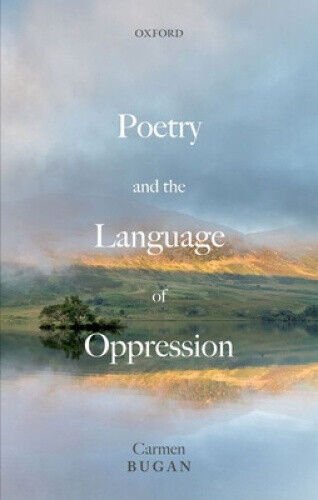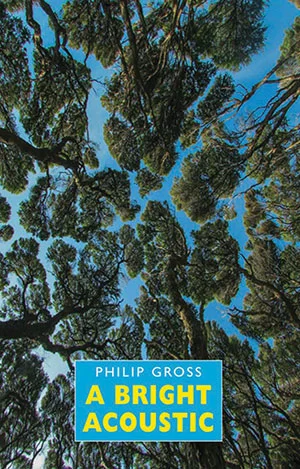Reviews
Poetry and the Language of Oppression, Essays on Politics and Poetics
Carmen Bugan is a Romanian born poet and an academic. In her book of thematic essays, Poetry and the Language of Oppression, she begins with a poem, followed by this introductory sentence: “To my knowledge, no poet ever changed the course of history, but many dictators did.”

The Stones of Lifta
We would call it a ghost town. Lifta is a village of stone homes on a steep hill outside the gates of Jerusalem, empty of inhabitants since the Nakba. This word is an Arabic term for "catastrophe" or "disaster." It refers to the destruction of the Palestinian homeland in 1948 as a result of the conflict following the passage of the UN Partition Plan for Palestine.

City of Sandcastles, Selected Poems
Judith Wilkinson has assembled and translated a magnificent introduction to the work of the Dutch poet, Hagar Peeters. Born in 1972, Peeters has published at least five volumes of poems, a novel, and other works, but this small anthology is the first of her work to appear in English. The poems are bold, imaginative, and take incisive looks at love, art, family, memory, life, and identity.

Baldwin’s Catholic Geese
Let’s start by saying you can’t do much better as a title than Baldwin’s Catholic Geese, particularly realizing that the geese are in fact geese and not a metaphor. The phrase, the name of a music hall act, appears in a poem about an impresario who wanted to test for rock bottom in theatrical taste…. The poems in Baldwin’s Catholic Geese prompt questions, about the past, its manifestations in the present, and what has changed and what remains essentially the same.

Vacant Possession
Vacant Possession, Fitzgerald’s fourth collection, is a subtle yet compelling narrative suite in four distinct parts. The narrative arc is implicit, not one of telling, but one of recognition of continuity and connection—between desire and consequence, between morality and hypocrisy, between family and politics, between youthful self and adult self, between understanding and outrage.

A Bright Acoustic
Philip Gross’s poems are beautiful hybrids of elegy and ode, gentle but insistent pokes of attention to an ecological world, a biome where the human footprint is visibly, audibly present, but in our place—a sea-borne wind farm, orange streetlamps that are part “mist / and its solution,” country motorways through gardens of green.

The Moon Is Almost Full
Chana Bloch reminds us in her generous, witty, profound, and altogether brilliant final collection, is what we need to tell ourselves as we live our days to the end. In her previous collection, Swimming in the Rain, New and Selected Poems (Autumn House, 2015), which "Conduit" is from, mortality was a topic. In The Moon Is Almost Full it is the topic.

